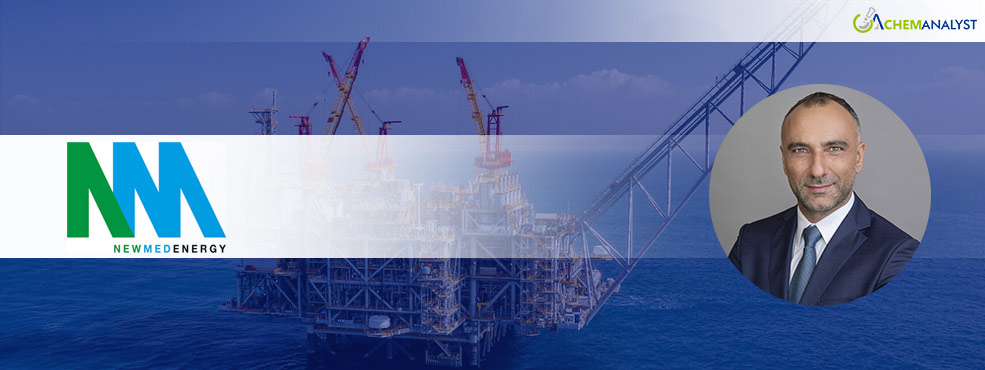Welcome To ChemAnalyst

Israel’s NewMed Energy has confirmed a six-month delay in the anticipated expansion of the Leviathan gas field. The company now expects that operations will resume in April 2025. This postponement comes amidst ongoing regional tensions, which have impacted the timeline for the project. The Leviathan gas field is a critical component of Israel's energy strategy, and the delay may have implications for both domestic energy supply and regional gas exports. NewMed Energy has stated that it remains committed to advancing the expansion once conditions allow.
This postponement is taking place as the ongoing Israel-Gaza conflict escalates, creating an uncertain environment for energy operations in the region. NewMed Energy, which owns a 45.34% stake in the Leviathan gas field, is a significant player in this venture. Chevron Mediterranean operates the field and holds a 39.66% stake, while Ratio Energies owns the remaining 15%. This collaborative ownership structure highlights the importance of the Leviathan field for Israel's energy strategy, particularly in terms of domestic supply and regional exports. However, the current geopolitical tensions are likely to complicate and delay any plans for further development and expansion, impacting the potential benefits of this critical energy asset.
The delay directly affects the installation of a third subsea transmission pipeline, which is essential for enhancing the gas supply capacity to Israel Natural Gas Lines’ (INGL) system. This capacity is expected to increase from approximately 1.2 billion cubic feet per day (bcf/d) to around 1.4 bcf/d. This expansion is part of a comprehensive strategy aimed at boosting the total gas production capacity of the Leviathan field to approximately 21 billion cubic meters annually.
Increasing this production capacity is critical not only for meeting Israel's domestic energy needs but also for reinforcing the country's role as a significant player in the regional energy market. The planned enhancements would facilitate greater gas exports and improve energy security. However, the current delays in infrastructure development due to geopolitical tensions could hinder these objectives, potentially impacting both the short-term supply dynamics and long-term energy strategy in the region.
NewMed Energy indicated: “Chevron Mediterranean, the operator of the Leviathan project, has announced that due to the escalation of the security situation, work on laying the subsea pipeline as part of the Third Gathering Pipeline Project has been suspended until approximately April 2025. The timeline for resuming work will depend on the schedules of the performing contractor and the prevailing regional security conditions.”
Two months before this announcement, the partners had committed to a significant investment of $429 million (NIS 1.61 billion) for the front-end engineering design phase and the initial procurement of long lead items. This investment represented a crucial step toward achieving the increased gas capacity. Additionally, the partners were exploring the possibility of adding a fourth subsea pipeline, which could potentially elevate the daily production capacity to approximately 2.35 billion cubic feet (bcf).
The Leviathan gas field, located in the Levantine Basin, lies about 130 kilometers west of Haifa, Israel, at a depth of 1,645 meters. This strategic location and its substantial reserves make the Leviathan gas field a pivotal asset for Israel’s energy landscape, emphasizing the importance of ongoing development efforts despite current challenges.
The field contains proven and probable gas reserves amounting to 16.27 trillion cubic feet, along with condensate reserves estimated at 35.8 million barrels. These substantial reserves highlight the Leviathan gas field's significance as a key resource for Israel's energy supply and its potential role in regional energy markets. The considerable volume of both gas and condensate underscores the strategic importance of continuing development efforts in this area, especially in light of increasing demand for energy resources.
We use cookies to deliver the best possible experience on our website. To learn more, visit our Privacy Policy. By continuing to use this site or by closing this box, you consent to our use of cookies. More info.
